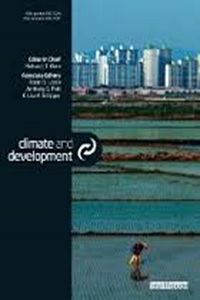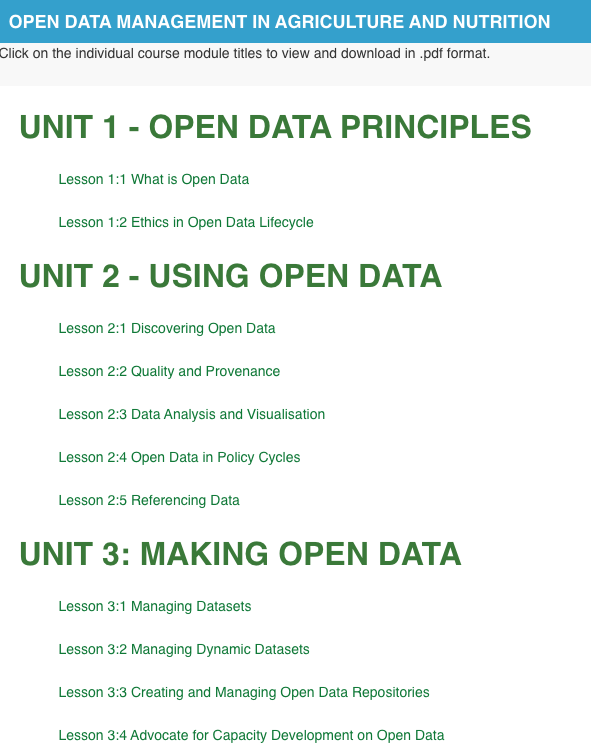The Institute of Development Studies (IDS) is a leading global institution for development research, teaching and learning, and impact and communications, based at the University of Sussex.
Our vision is of equal and sustainable societies, locally and globally, where everyone can live secure, fulfilling lives free from poverty and injustice. We believe passionately that cutting-edge research, knowledge and evidence are crucial in shaping the changes needed for our broader vision to be realised, and to support people, societies and institutions to navigate the challenges ahead.
Through our commitment to engaged excellence we work towards transformations that reduce inequalities, accelerate sustainability and build more inclusive and secure societies. We do this neither as a university organisation nor a thinktank, but by combining elements of both in a unique mix that is articulated in our engaged excellence approach.
Since 1966 IDS has been working with partners to tackle complex development challenges and contribute the evidence, analysis, theory and facilitated learning that can help communities, practitioners and decision-makers at all levels work together for practical, positive change. Our partnership with the University of Sussex supports and accredits our teaching and learning programmes, where in PhD studies and a range of high-level Masters’ courses we aim to produce a new generation of development thought, policy and practice leaders.
The Institute is home to approximately 100 researchers affiliated to thematic research clusters, 70 knowledge professionals, 65 professional staff and about 200 students at any one time. But the IDS community extends far beyond, encompassing an extensive network of over over 360 partners, 3,000 alumni and hundreds of former staff.
Resources
Displaying 1 - 5 of 36Does land titling matter? The role of land property rights in Colombia’s war on drugs
The ‘war on drugs’ has failed. Despite an increase in law enforcement, production levels of coca – the crop used to make cocaine – have hardly altered in the last decade.A 2017 report by the United Nations Office on Drugs and Crime found that coca cultivation in Colombia had increased by 52 per cent; thus, there is an urgent need to find alternative policies to counter illicit behaviour.
Resilience as a policy narrative: potentials and limits in the context of urban planning
From land grabs to the Anthropocene: exploring the politics of resources
Looks at how the ESRC STEPS Centre intervened in debates on land grabbing following the financial crisis in 2007 and 2008, and how its work led it on to explore the impacts of ‘green grabs’ and ‘water grabs’, carbon offsetting, the green economy, the financialisation of nature, the Anthropocene and other aspects of ‘resource politics’.
Gestion des Données Ouvertes en Agriculture et Nutrition
Ce cours en ligne massif (MOOC) gratuit sur la gestion des données ouvertes en agriculture et nutrition a été créé en 2016. Déjà en 2017 et 2018, plus de 5000 participants de partout dans le monde ont déjà suivi cette formation, laquelle est maintenant disponible pour une utilisation gratuite et sans restriction.
Open Data Management in Agriculture and Nutrition Course
This free Massive Open Online Course (MOOC) on Open Data Management in Agriculture and Nutrition was first created in 2016. The course was delivered 5 times between November 2017 and November 2018, reaching over 5000 people globally, before being made available for unrestricted use







